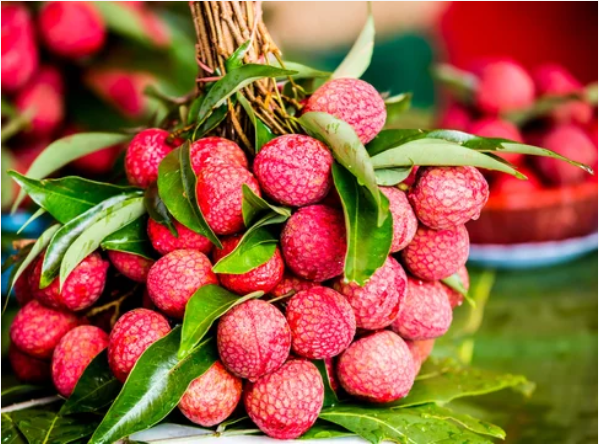How to Pronounce Lychee the Right Way
There are so many exotic fruits unknown to us. And when we eventually gain knowledge of them, pronouncing them right could be quite challenging. This is not limited to fruits – the English language has over 170,000 words, and you couldn’t possibly know how to pronounce each. One example is lychee – many do not know how to pronounce lychee, and which way is the ‘right’ way.
Due to its spelling, lychee leaves a reader with several options for how the word itself is pronounced. Being a fruit of Asian origin, some even try to lay on what they think is a Chinese accent when they say the word to make themselves feel like they are getting it right. Most times, they don’t.
What is Lychee?
It is a tropical fruit with a hard red shell and white, almost transparent flesh. Lychee (Litchi Chinensis) belongs to the Soapberry family, Sapindaceae, and is native to South China. It is grown in certain warmer regions like Florida and Hawaii in the US.
It is quite distinctive in flavor and appearance, sometimes called “Alligator Strawberry” because of its red bumpy skin. They are round or somewhat oblong and can be up to two inches in diameter. Lychee trees can grow between thirty and a hundred feet and produce fruit in clusters of two to twenty fruit.
Lychee fruit can be used in fruit salads, blended and put in cocktails, juice, desserts, or smoothies, or eaten on their own. Although the skin may look tough, it is extremely easy to peel with just your fingers.
How to Pronounce Lychee
According to the English dictionary, there are two ways you can correctly pronounce lychee — either British or American. The British pronunciation goes “Lie-chee.” It is derived from the Cantonese pronunciation, and I must admit I prefer this one because it has a sophisticated ring. It even sounds like the fruit itself.
The American pronunciation is “Lee-chee,” derived from the mandarin pronunciation. It is a much simpler, plainer pronunciation of the word. And though it is quite simple, it is also easier to remember. Both Lychee pronunciations are correct, and you are welcome to say them however you please.
People also pronounce the word as “Lit chee.” This is partially correct, as it is derived from its Latin name Litchi Chinensis. This Lychee pronunciation is not very popular since only a few know its Latin name.
There is also the native pronunciation of the exotic fruit, which originates from China. That means it has a Mandarin and also a Cantonese pronunciation. We’ll also look at the Vietnamese pronunciation.
Mandarin Pronunciation
Mandarin, the main language in mainland China, spells it out as Lí Zhī and is pronounced as “Lee jir” without too much emphasis on the “r.”
Cantonese Pronunciation
Cantonese is spoken in the southern part of China, where the lychee itself is believed to originate from. The mandarin spelling of lychee is Laí Zhi, pronounced as “Lai jih.” Note that the “jih” has an acute “ih” sound and isn’t dragged.
Vietnamese Pronunciation
Vietnamese is one of the few Asian languages that differ from the rest because of its uniqueness. The Vietnamese pronunciation of lychee is quite different from the others. It is spelled out as vải thiều and pronounced as “Vai thiouu,” something like saying Theo while dragging it with a “uu” at the end. Fun, right?
Conclusion
Lychee is an extraordinary fruit enjoyed for centuries by Chinese royalty. “Lai chee” and “Lee chee” are both correct, so feel free to use either when you’re out at a party and you want to order your refreshing lychee beverage or cocktail. Cheers!


